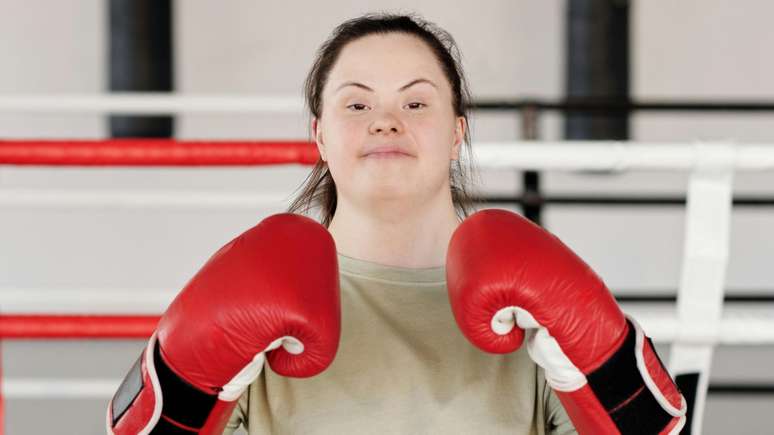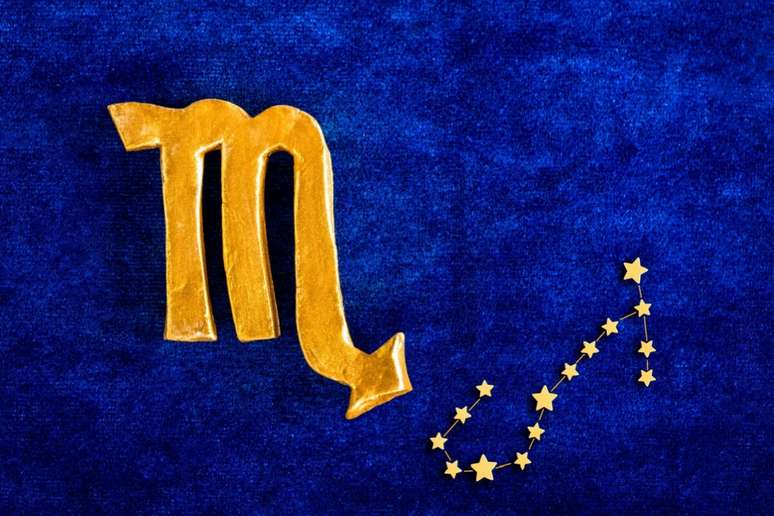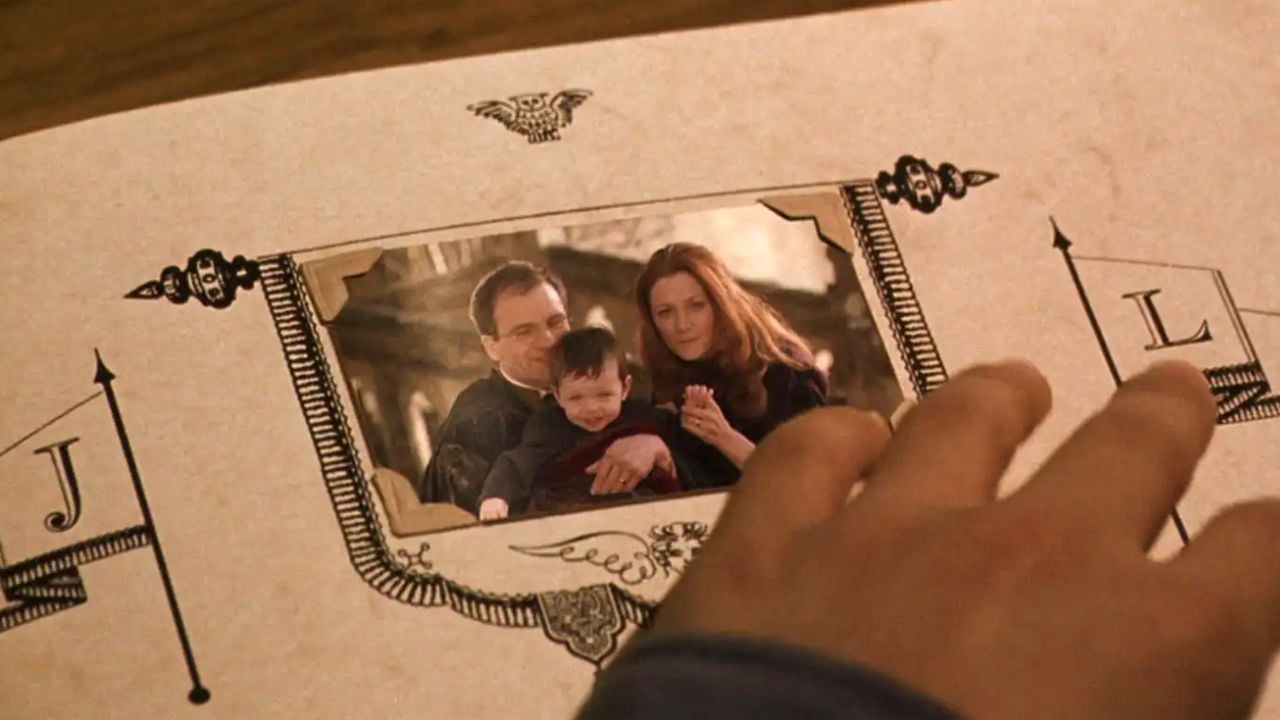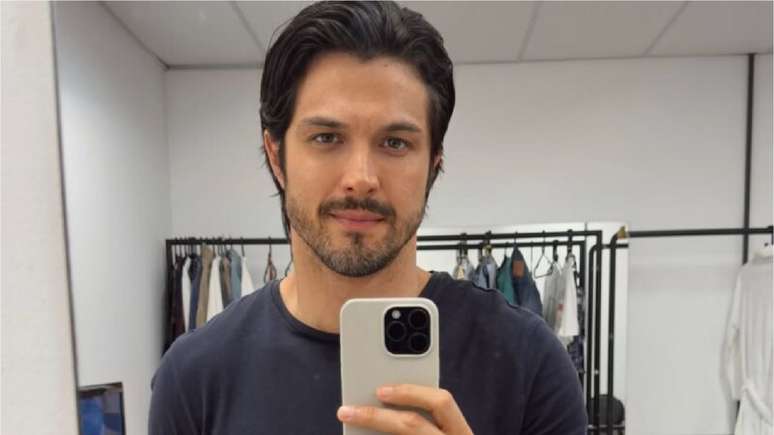In Down Syndrome Month, discover 8 stereotypes that should be eliminated when communicating with and about people with this genetic condition
Cláudia*, a 30-year-old woman with Down syndrome, went to the emergency room to be treated for a skin infection. After receiving a prescription for antibiotic treatment, she was surprised by a doctor’s note that said she “needed to stay away from her usual activities due to her mental disorder.”
This story is scary, but it not only portrays the daily life of those with the syndrome, but also reaffirms the importance of the theme chosen to celebrate International Down Syndrome Day, March 21: “End stereotypes”, something that can be translated from English to Portuguese as “Chega de Rótulos”.
Dr. Anna Bohn has a point of view on the subject. He is a pediatrician with a postgraduate degree in Down Syndrome from the Center for Clinical Studies and Research of the Faculty of Medicine of the ABC (CEPEC – FMABC), with an MBA in health management from the Israelite Albert Einstein Hospital and Vice President of the Child Study Center and adolescents with disabilities, of the Sociedade Paulista de Paediatrics.
“Labels or stereotypes reduce the individual to some characteristic and generally hide some prejudice. They may contain a positive, negative or neutral idea, based on some personal experience or limited information about a condition”evaluate the specialist.
Based on her experience very close to this cause, the doctor created a list of the 8 worst labels that must reach the conscience of society so that these habits are eliminated from social dialogue and the evaluation of people with Down syndrome.
8 stigmas about Down syndrome that need to end now
Reduce the person with Down syndrome to his genetic condition
The example of Cláudia*, at the beginning, exemplifies this conduct. “The errors and prejudices contained in the patient’s medical certificate are countless, but I would like to underline that mental disorder and intellectual disability, which is present in Down Syndrome, are absolutely different elements”corrects the pediatrician.
Also remember that the clinical situation that motivated the search for PS had nothing to do with an intellectual disability, much less with a possible mental disorder. “Why then correlate these elements that justify absence from work?”asks Dr. Anna.
“He’s an angel”
“This statement hides a charitable thought, of pity or pity, that many feel towards these individuals. Society does not see them as angels, therefore, referring to those with Down Syndrome as such hides an attempt to alleviate the way that people tend to look at”says the doctor.
“Eternal Child”
Infantilization is a frequent way of looking at people with disabilities or syndrome, even by their own family members. It usually appears in overprotection and fear of suffering.
“Infantilizing these people prevents them from building autonomy and independence and makes them more susceptible to violence, such as sexual abuse”teaches the specialist, who advises: “Empowering, building self-esteem and teaching body limits and respect are essential to mature and grow”.
“Mongolian, retarded”
Pejorative terms are often used to refer to people with Down syndrome, but they are also used as insults. “This most obvious form of prejudice must always be fought”she argues.
Neglecting the autonomy of people with Down syndrome
Contact the doctor and professionals, ask and contact only the family member accompanying the person: “Prejudice often comes in this little-known format and carried by those who should always care for them, such as healthcare professionals. Doctors often mistakenly assume that people with Down syndrome cannot say what they feel or what they want to their health and their body”reveals Dr. Anna.
He says it’s normal for them to be left to the side, leaving the family to answer any questions or make decisions. “In addition to the burden on the caregiver, this process worsens the medical care and experience of the patient, who often does not even receive a greeting”He states.
“They’re always oversexualized”
Sexuality education and guidance on feelings and sensations are essential to prevent abuse and understand limits and respect for the body. “Understanding these aspects makes us aware of appropriate and inappropriate behaviors in adult life. When we deprive people with Down syndrome of these conversations, we open spaces for conversations and attitudes to appear at inappropriate times. Sexuality is part of everyone. Isn’t it? be different for those who have a genetic condition or disability”advises the doctor.
“Eternally dependent”
“This misconception is repeated without knowing the current progress in health and inclusion. Health care for people with Down syndrome, incentives adapted to their needs and the fight for the right to education have meant that, in recent decades, many have achieved teaching in regular schools until its completion, admission to higher education, greater autonomy to go out on their own, drive the car, among other aspects of daily life considered trivial, but which for many they hadn’t seen each other for years”says Dr. Anna.
“Special Boys”
In the same theme of prejudice with a charitable orientation, calling people with disabilities “special”, when, in reality, their problems are not seen as something that stands out positively, perpetuates the idea that many feel sorry for their condition , from Dr. Anna’s point of view.
“This March 21, I want us to reflect on the central role of labels in perpetuating prejudice against people with Down syndrome, which hinders their building of autonomy and inclusion in society”concludes the doctor.
*fictitious name.
Source: Terra
Ben Stock is a lifestyle journalist and author at Gossipify. He writes about topics such as health, wellness, travel, food and home decor. He provides practical advice and inspiration to improve well-being, keeps readers up to date with latest lifestyle news and trends, known for his engaging writing style, in-depth analysis and unique perspectives.









